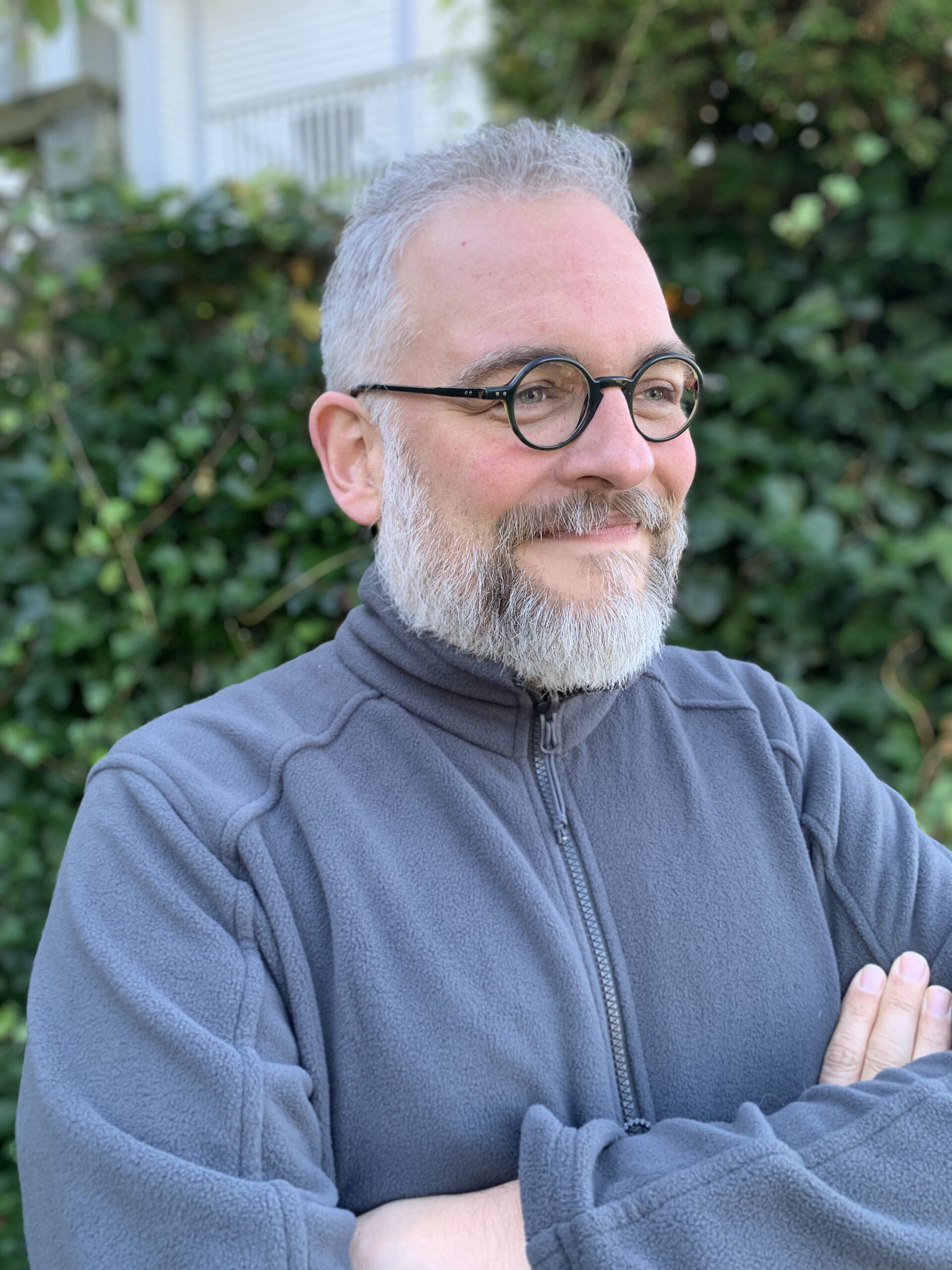As I started writing this column, people were up in arms about Memorial University’s decision not to include the Ode to Newfoundland as part of its Fall Convocation ceremonies. The reason given by the university’s presidential advisory team was that they wanted to make the university more equitable and inclusive. Since that decision was made, people have speculated on what was ‘offensive’ in the Provincial Anthem. Was it the fact that it doesn’t include Labrador? That it excludes international students? That it mentions ‘our fathers’ and not our mothers? The notion of prayer being raised to heaven above, or the prayer that God would guard Newfoundland?
But conversations started to turn ugly from there. People regularly pointed out that the university itself was dedicated as a memorial to the sacrifices made by Newfoundland soldiers in the First World War. People began to accuse the university of ‘spitting on veterans’ graves’, or of ignoring the very Memorial it was named to be. A chance to complain about the university administration, combined with a fear and distrust of ‘political correctness’ and the near approach of Remembrance Day, all made for a toxic environment, whether on social media, or any time someone asked ‘what do you think about The Ode?’
The part of this whole story that has concerned me the most is not a real or imagined lack of inclusion at the university. It’s not whether the decision they made was the right one or not. What has been far more concerning is the way ordinary people felt that it wasn’t enough just to be disappointed. The only acceptable emotion these days seems to be outrage. We spew angry rants on social media. We gravitate towards people who are just as outraged as we are, and argue vehemently with people who are just as enraged, but coming from the other side of the debate.
This is a dangerous aspect of social media that we don’t often think about. People share whatever is on their mind, but what we see—what the computer algorithms decide to show us when we open Facebook or Twitter—is often going to be whatever will make us angry or upset. Research has shown that on average, we will spend more time focusing on images or ideas that make us upset than we will on calming ones. If we don’t get regular doses of outrage in our social media feeds, we won’t stop to read. We’ll keep mindlessly scrolling, or give up and read a book or do anything else.
It seems a bit perverse, but Facebook, Twitter, and other social media networks want us to get indignant and outraged when we use their sites. The more we engage with content that provokes this kind of negative reaction, the more they’ll show us. In contrast, how often have you reacted to good news stories that your church has shared? Watching people get worked up over whether or not to sing the Ode, I almost gave up social media in despair. The more we allow ourselves to get caught up in these cycles of outrage, the more we’ll be exposed to, and the more we ourselves contribute to the problem.
There’s something that God needs to guard Newfoundland from, and it’s not inclusiveness or equity. God guard us from the kind of knee-jerk reactions that make reasonable conversations impossible. God give us the wisdom and grace to keep our lives, both online and off, loving and respectful.




